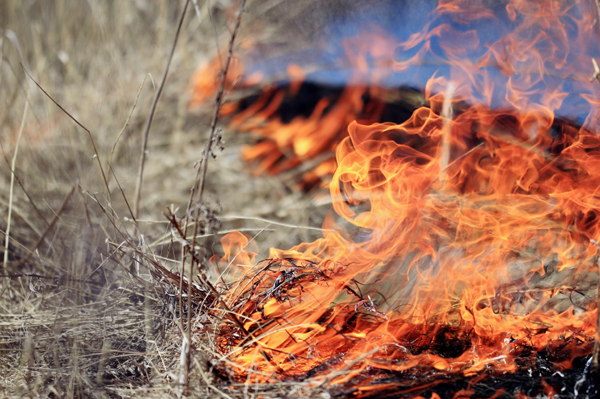A failure to meet fuel reduction targets before the fire season sets in has sparked a call for the state government to take urgent action.
Northern Victoria Liberal MP Wendy Lovell is urging more action to safeguard residents and their properties this fire season.
Ms Lovell last week criticised the Andrews government for poor management of pre-season fuel loads, citing its failure to meet burn targets.
An Environment, Land, Water and Planning department report has found the state only achieved 72 per cent of the target this winter, and is facing an uphill battle to meet its targets for the forthcoming fire season.
Ms Lovell has called on the state government to take immediate action to protect Victorians from the coming fire season, which is expected to be high risk.
“The risk of serious fire incidents for this summer has increased significantly due to the state government’s failure to adequately meet fuel reduction targets,” the MP said. “[This] has resulted in unacceptably high levels of fuel load remaining in Victorian forests going into the 2016-17 bushfire season.
“The Royal Commission findings identified the importance of fuel reduction in decreasing fuel loads to reduce the spread and intensity of bushfires.
“[It] also found that excessive fuel loads add to the likelihood of more intense bushfires … thereby placing firefighters and communities at greater risk.
“The report went on to say that the state should achieve prescribed burning of an annual rolling target of a minimum of five per cent of public land each year, and that the state be held accountable for meeting this target,” Ms Lovell said.
Forest Fire Management Victoria district manager Paul Bates said slashing has already started on about 1500 hectares of public land in central Victoria this season. Mr Bates said the work has been slightly delayed due to significant rain in the region over recent months.
“Forecasts for the summer show that parts of central Victoria are at above average risk of grassfire due to the increase in growth.
“Reducing bushfire risk is a shared responsibility,” he said. “Reducing fuel loads on public land can only do so much – communities and households need to know how to be prepared and reduce their bushfire risk on their properties.
“Our modelling shows a significant amount of bushfire risk is on privately owned land because of thick vegetation and high populations,” Mr Bates said.
“We encourage homeowners to be prepared … by clearing space around their house of all flammable materials.”
Report risk concerns to DELWP on 136 186.







